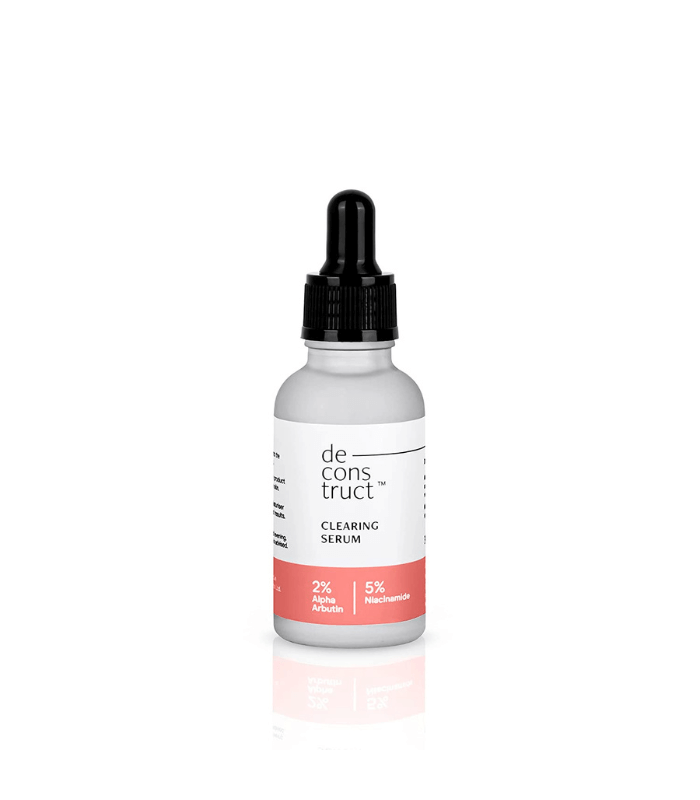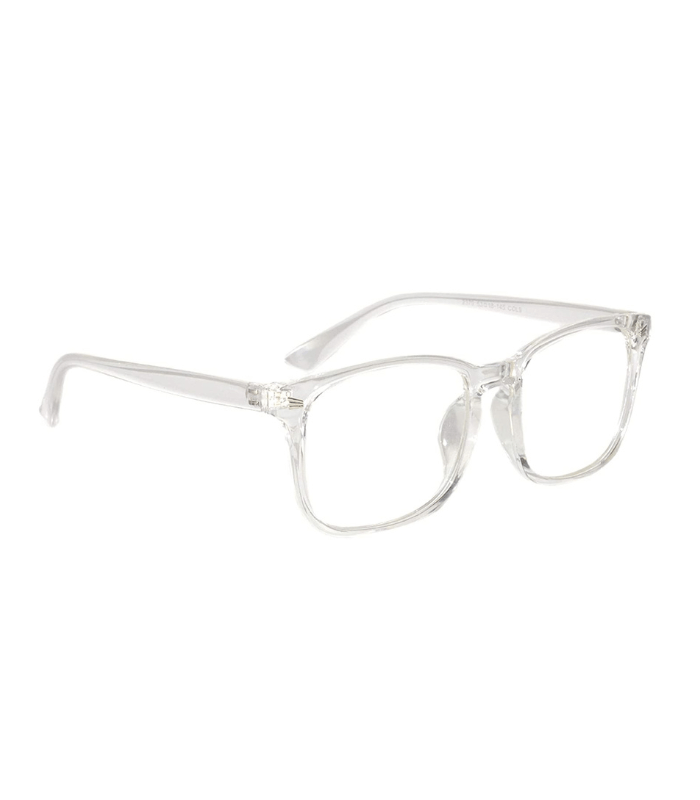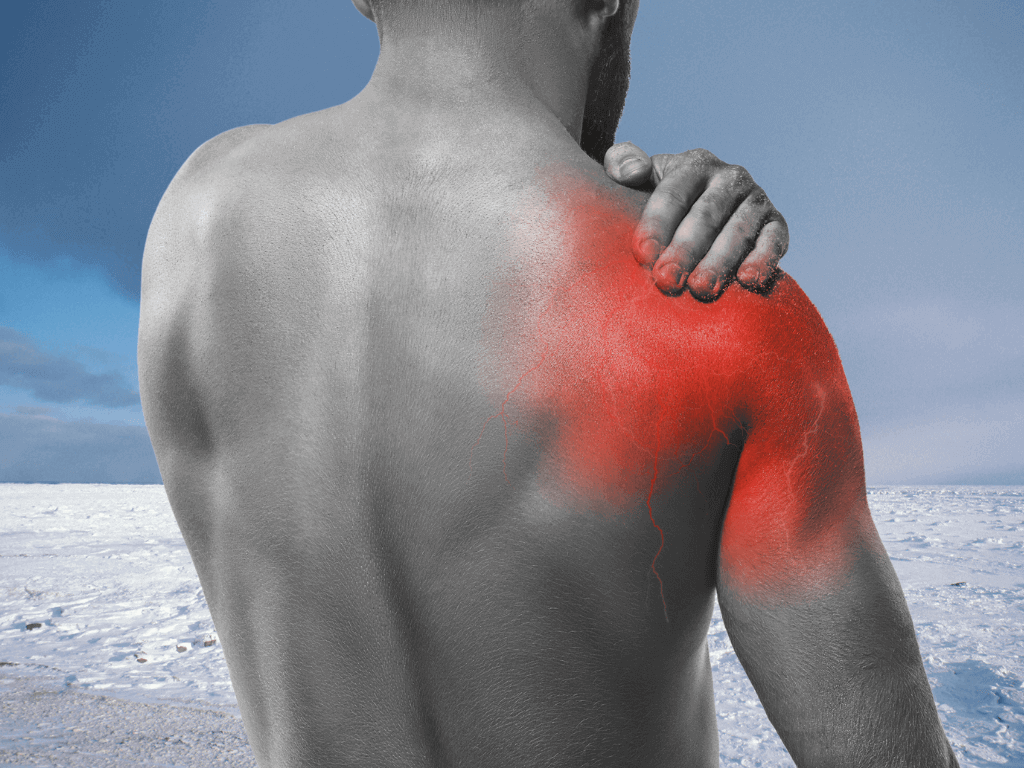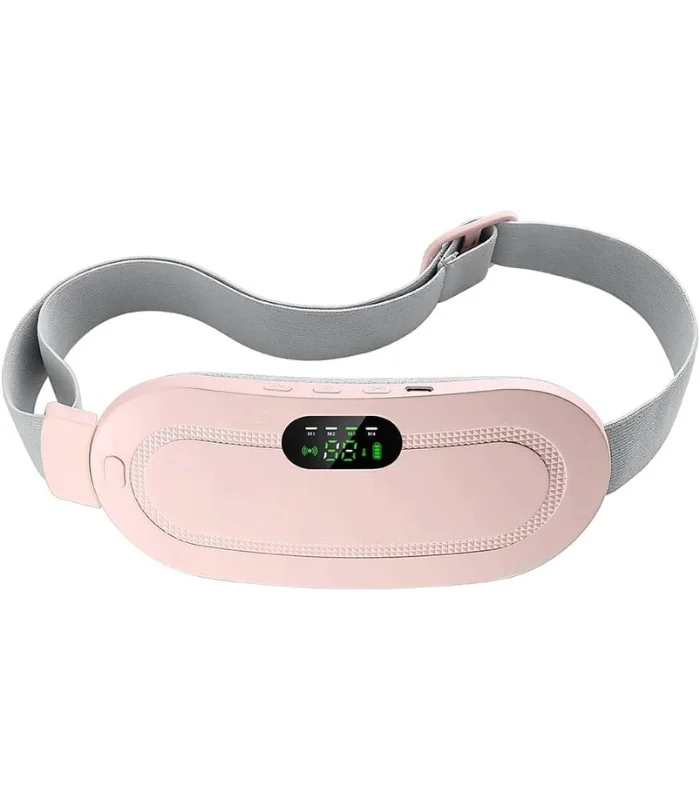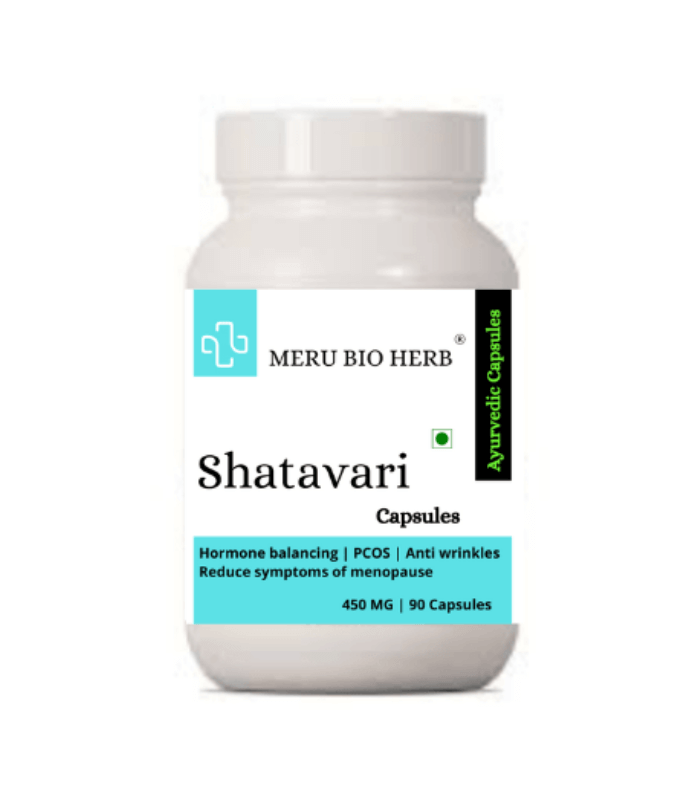What is Frozen Shoulder?
Frozen shoulder is a medical condition characterized by stiffness and pain in the shoulders. The symptoms are typically observed and gradually can get worse over time and resolve usually within one to three years.
The risk of developing frozen shoulder increases if the individual has recently recovered from an extreme medical condition, such as a stroke or a mastectomy procedure. The bones, ligaments, and tendons that structure your shoulder are encased inside a capsule of animal tissue. Frozen shoulder occurs when the capsule gradually thickens and tightens around the shoulder, restricting its movement.
The healthcare fraternity is still not sure about the actual reason behind such medical conditions and researches are still on to find a treatment for frozen shoulder. Although, as per the trends, it is more likely to occur in people having diabetes or those that recently had to immobilize their shoulder for an extended period, like after a surgery or an arm fracture.
The frozen shoulder risk is increased once you don’t receive frozen shoulder exercise therapy after tendinitis or an injury, and once you wear a sling for few days to months without intermittent stretching. As per the recent publication by a leading western healthcare publishing house, about 10% of individuals with reported structure disorders tend to develop a frozen shoulder. Enforced immobility of the shoulders resulting from a stroke, heart disease, or surgery may also lead to uneasy, painful conditions.
Frozen shoulder mainly develops slowly in three-stage which may last for several months:
- Freezing stage. Movement in your shoulder causes pain, and the shoulder’s range of motion becomes limited.
- Frozen stage. Pain may begin to diminish during this stage. The shoulder gradually tends to grow stiffer.
- Thawing stage. The range of motion in your shoulder begins to enhance. For some people, the pain worsens in the dark, often obstructing the sleep schedule.
Below are a few factors that may increase your risk of developing a frozen shoulder.
1. Age and sex
Humans aged 40 and older, particularly women, are more prone to the conditions of a frozen shoulder.
2. Immobility or reduced mobility
People who have reduced shoulder mobility are at higher risk of developing a frozen shoulder. Immobility could also be the results of many factors, including:
- Rotator cuff injury
- Broken arm
- Stroke
- Recovery from surgery
3. Systemic diseases
People who are suffering or has suffered from certain diseases are more likely to develop a frozen shoulder. A disease that may increase risk include:
- Diabetes
- Overactive thyroid (hyperthyroidism)
- An underactive thyroid (hypothyroidism)
- Cardiovascular disease
- Tuberculosis
- Parkinson’s disease
One of the most common cause of such problem is immobility, which results during recovery from a shoulder injury, broken arm, or a stroke.
If you’ve recently had an injury that created it difficult for you to maneuver your shoulder, you are recommended to connect to a nearby physiotherapist/physician to discuss and get over the probable condition of frozen shoulder.


